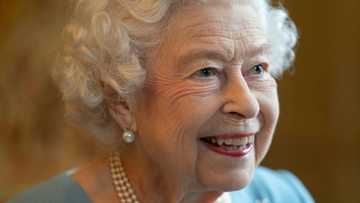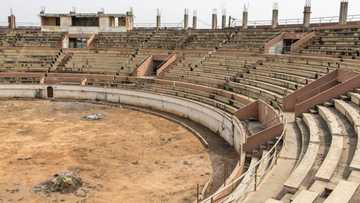Fell asleep a princess, awoke a queen: Elizabeth in Kenya
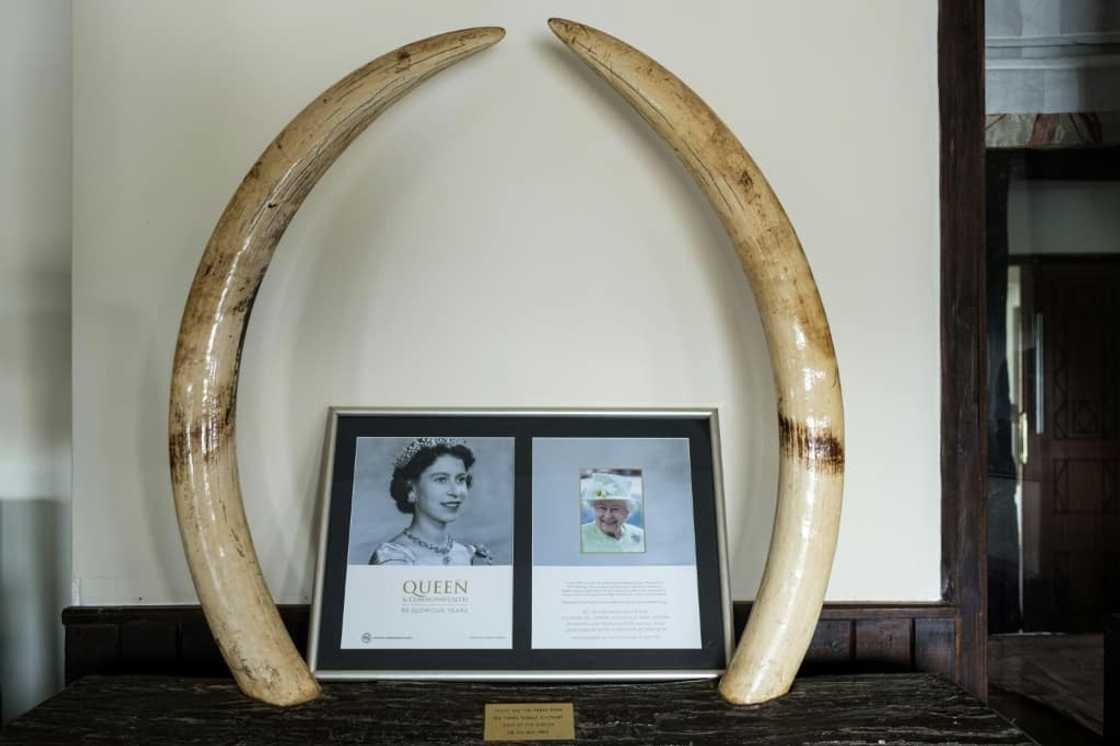
Source: AFP
New feature: Check out news exactly for YOU ➡️ find “Recommended for you” block and enjoy!
Princess Elizabeth was deep in the Kenyan forest on the adventure of a lifetime, spotting wildlife from high up in the treetops, when her father died and she became queen.
The world awoke on February 6, 1952, to the death of King George VI, who had succumbed during the night to lung cancer at the royal Sandringham residence in Norfolk.
His 25-year-old daughter and heir to the throne only heard the news later the same day, when word reached Elizabeth thousands of miles from home in the wilderness of the Aberdare Range.
Kenya, then a British colony, was the first stop on Elizabeth's tour of the Commonwealth she had embarked upon with her husband, Prince Philip, in place of her ill father.
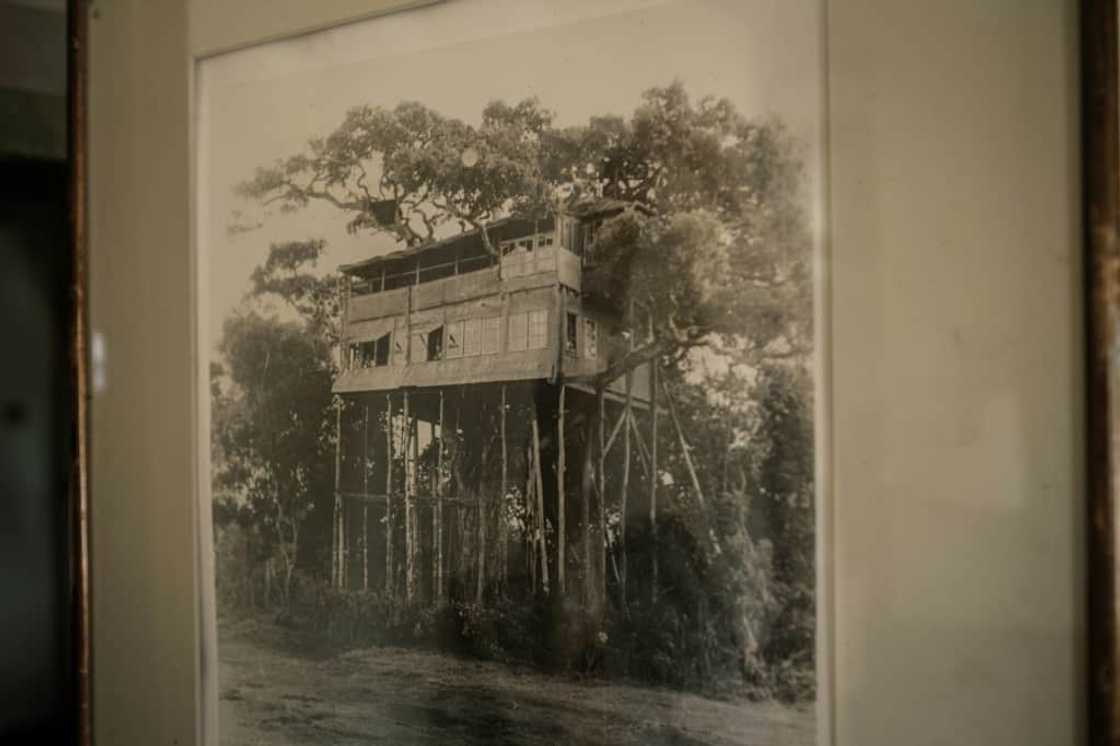
Source: AFP
PAY ATTENTION: Click “See First” under the “Following” tab to see Briefly News on your News Feed!
The royal couple had taken a night out of their official engagements to stay at a one-of-a-kind game-watching lodge perched in a tree in the Aberdares.
It was during their night at the Treetops hotel that the king would die, and Elizabeth would become queen.
Jim Corbett, the naturalist and hunter who accompanied the royal couple to Treetops, is credited with writing in the visitor book: "For the first time in the history of the world, a young girl climbed into a tree one day a Princess and, after having what she described as her most thrilling experience, she climbed down from the tree next day a queen."
'Most wonderful experience'
In fact, the Duke of Edinburgh broke the news to Elizabeth after they had left Treetops but the story stuck and the hotel became the fabled locale where a princess became a queen.
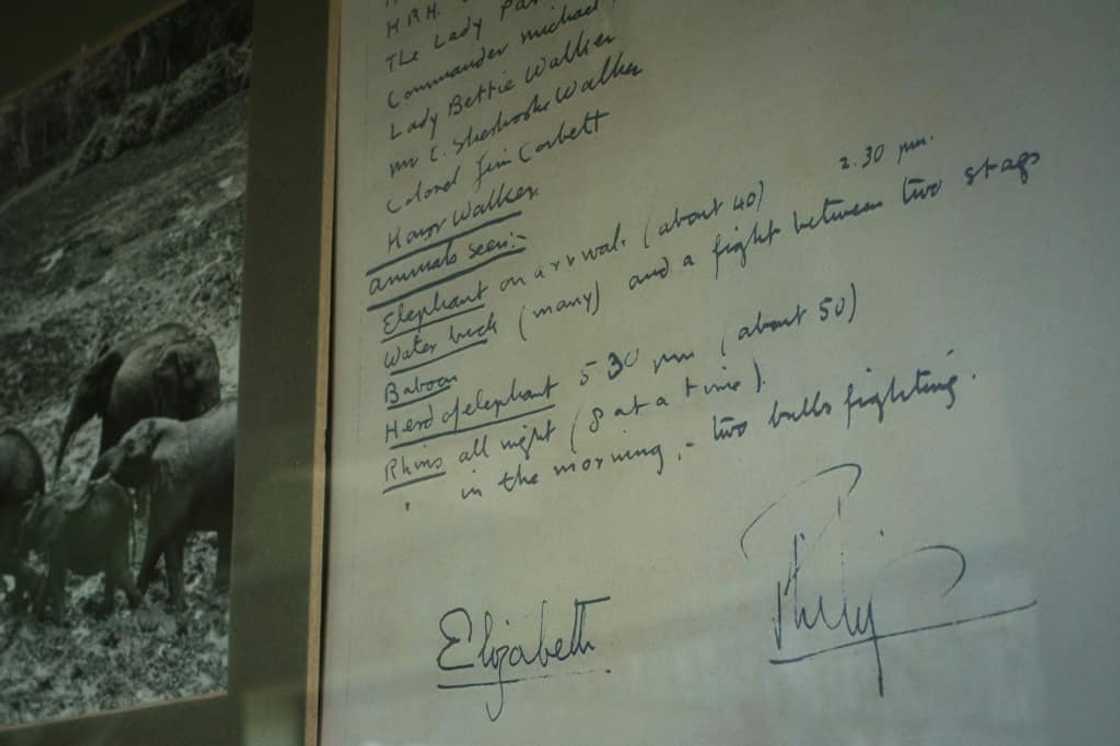
Source: AFP
First opened in 1932 as an overnight stay for wealthy and intrepid visitors, Treetops overlooked a watering hole from its position in a giant fig tree.
In its day, there wasn't really anything like it.
A private setting among branches, remote in the African bush, Treetops offered the privileged elite a chance to encounter wildlife up close, and in safety, as they grazed below.
Elizabeth and Philip kept a handwritten tally of what they saw, recorded on a sheet of paper framed at Treetops.
Large herds of elephant -- "about 40" in one sighting -- were spotted at the watering hole, along with baboons and waterbuck.
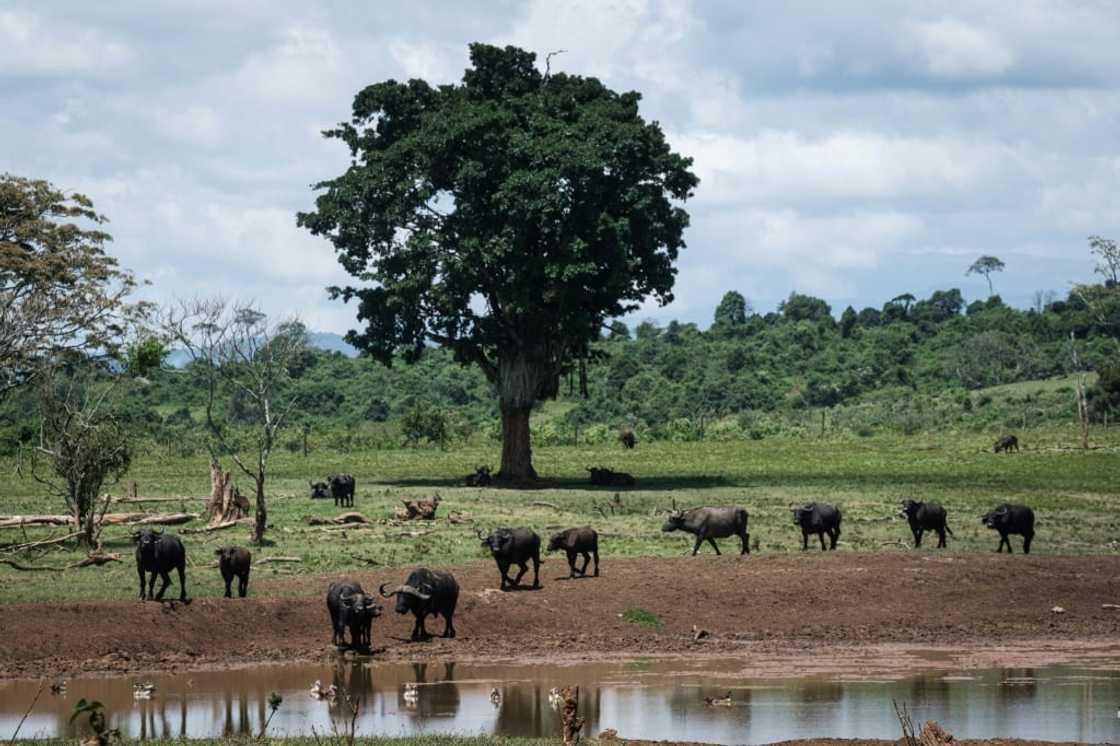
Source: AFP
"Rhinos all night", read the list dated February 5/6, 1952, and signed by the Princess and Prince, and "in the morning, two bulls fighting".
An aide to the royal couple, instructed to write and thank the hotel's owners, described a "tremendous experience of watching the wild game in its natural surroundings" and day and night "packed with interest".
"I am quite certain that this is one of the most wonderful experiences that either The Queen or The Duke of Edinburgh have ever had," read the letter framed in Treetops dated February 8, 1952.
Faded memories
Two years after the historic visit, with Elizabeth having assumed the throne, Treetops burned down in what was rumoured to be an arson attack by anti-colonial Mau Mau rebels.
A new, much larger hotel was built on elevated wooden stilts on the opposite side of the watering hole to the original setting, where it still stands today.
The royal visit -- and the legend to go with it -- made Treetops among the most famous hotels in the world.
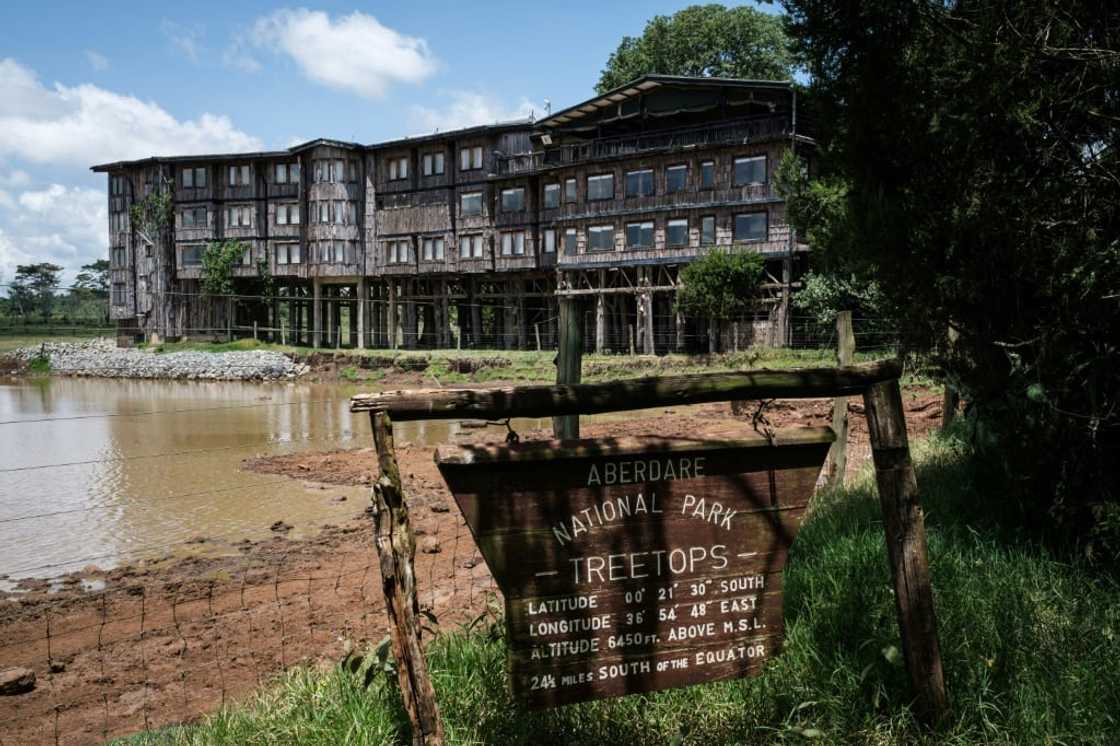
Source: AFP
Well-heeled guests could stay in the Princess Elizabeth Suite, peruse royal memorabilia in the dining room, or gaze upon a portrait of the Queen framed by the tusks of an elephant shot by hunters in the 1960s.
Elizabeth and Philip returned in 1983 -- more formal than safari, with the queen in a knee-length dress, the duke in a blazer and tie -- to find Treetops very much changed in the 31 years between visits.
For many years, nothing more than a plaque marked where they spent that fateful night by the watering hole.
But now it is nowhere to be seen, put in storage after Treetops closed its doors at the onset of the coronavirus pandemic.
And the hotel remains shut to this day, a faded icon of a bygone era.
New feature: check out news exactly for YOU ➡️ find "Recommended for you" block and enjoy!
Source: AFP

